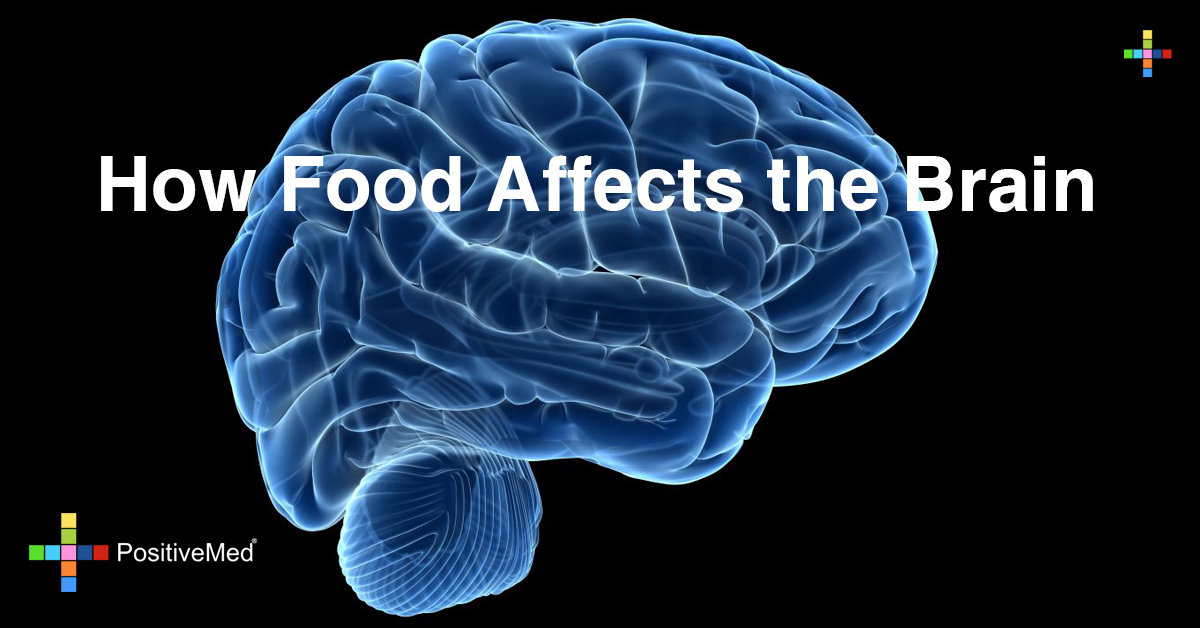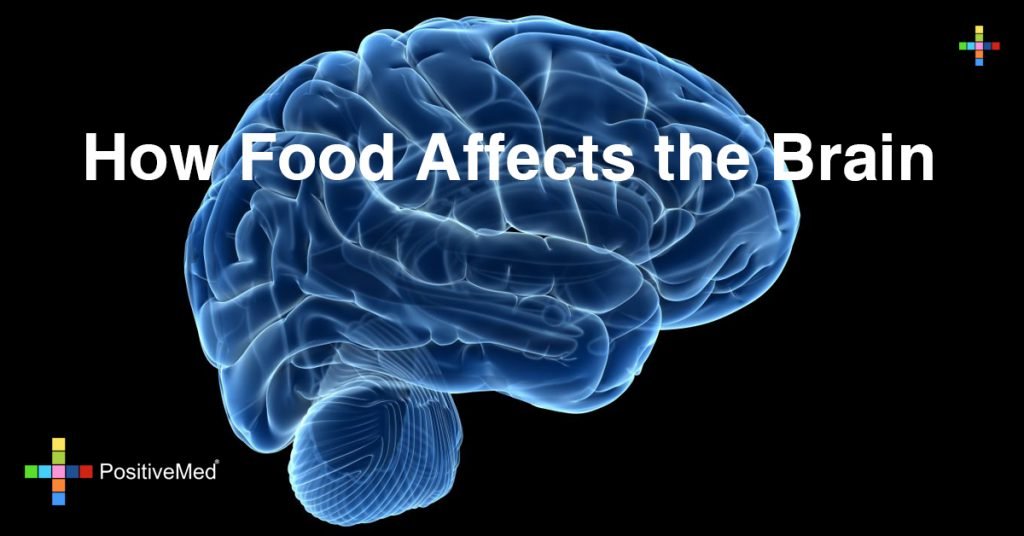
Food is the fuel of the body. This includes the brain. However, more than power, food can affect the brain in a variety of ways. It can be used to increase and improve brainpower, which in turn improves overall health and quality of life. By choosing the right foods, a person can combat all sorts of mental and brain-related issues and conditions.
Why Food Affects the Brain
Food affects the brain because of the nutrients, chemicals and other elements found in the foods you eat. In fact, it doesn’t always even require eating certain foods. Food can cause reactions in your brain that make you feel good simply because you are enjoying the food you are eating. When you eat food you love, it raises dopamine levels, which makes you feel happy. Over time, though, as you keep eating favorite foods, the effects began to wane. You’ll have to eat more to get the same happy feeling. This is much like a drug addiction where you eventually need more and more of it to get the same effects. So, you could say the food is like a drug for the brain.
On the other hand, food is essential for the brain. It keeps it working. It provides it with nutrients that it needs to function. Food is also responsible for helping with serotonin production, which happens in the gastrointestinal tract. Serotonin is needed to help your brain regulate functions like mood, appetite, and pain tolerance. The types of food you eat can affect what nutrients your brain gets and how much it gets. This can either help or hinder your overall brain function.
Positive and Negative Effects
As you can see, food can have positive or negative effects on the brain. Many studies have been done to look into just how foods can affect the brain and why certain foods do the things they do to the brain by professionals, like Dr. Daniel Amen. Many foods have been found to be especially beneficial while others have been found to be detrimental.
Omega-3 fatty acids are wonderful for the brain. They help with memory and learning. Consuming foods that contain them, like fish and walnuts, can lead to lower risks or issues with mood disorders, depression, and dementia. On the flip side, if a person doesn’t get enough omega-3 fatty acids, then they could suffer an increased risk for such mental disorders and may suffer from issues with learning and memory.
Sugar is often the villain and for good reason. Consuming too much not only packs on the pounds but also can increase the risk for dementia. In addition, it leads to leptin resistance, which is where your brain can no longer help you know when you are full.
Fruits and vegetables are loaded with great nutrients that help the brain. They have a nice effect on Nrf2 transcription, which affects cells. Getting the right nutrients can increase brain functions and help to make you more alert and healthy.
Gluten is another food ingredient to watch out for. There are many people who suffer from intolerance or sensitivity. However, even those who can tolerate it should stand as clear as much as possible. Gluten has some negative effects on brain function. This includes causing brain fogginess, fatigue and mood issues.
The Best Diet
If you want to make sure that you are eating the best foods for brain health, then you should put together a diet that is high in nutrients and low in foods that don’t offer many nutrients, often called empty calorie foods. Your idea diet will include only those foods that give you the most return for the calories they contain. For example, sugar offers you nothing in return for the high calories it has while carrots offer you a tremendous number of nutrients compared to the calories. Kind of think of eating and your diet like how you would spend money. You would likely rather buy something that will give you the best return on your investment rather than something that would give you no return.
In addition to eating smarter and going with nutrient-dense foods over those lacking nutrients, you may want to add in foods that have been shown to be especially helpful to the brain. These include blueberries, deep-water fish, nuts, seeds, avocados, whole grains, beans, tea, dark chocolate, and pomegranates. All of these foods have been studied and can provide a nice boost to your brain functions. Many of them can even help you to lower your risk for brain disorders and diseases.
Eating the right food can do more than just help you to keep your waistline trim. Food can actually be used to help keep your brain in good shape. It can reduce your risk for serious brain issues, like dementia, and increase brain function so you feel better. So, the next time you decide what to eat, reach for foods that will benefit your brain.






